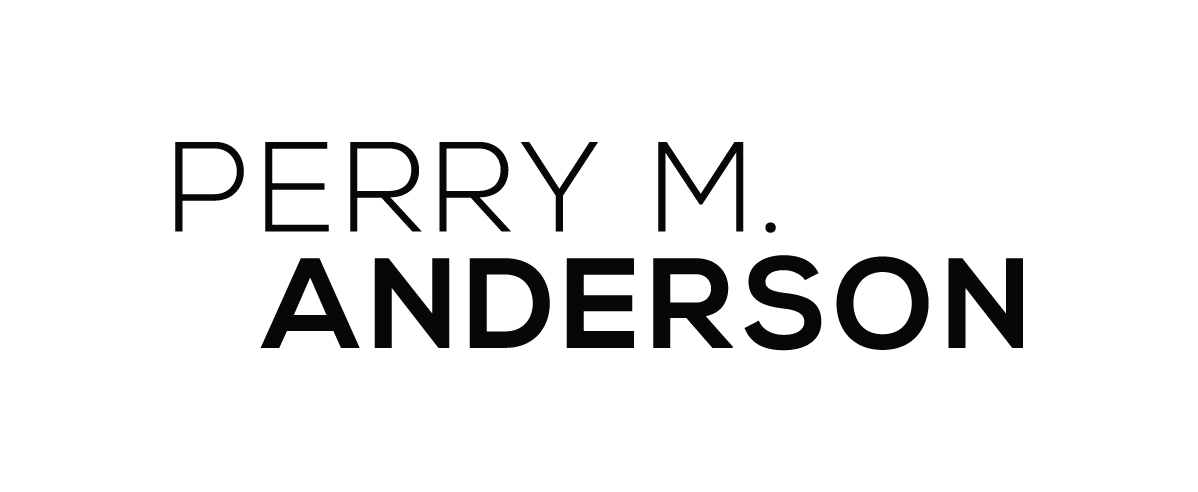Is Higher Education All It's Cracked Up To Be?
A University education is part of the contemporary success story, along with family, home ownership and business ownership. Statistics applaud the achievement of a bachelor’s degree.
For example, college graduates make 71% - 136% more in career earnings than high school graduates (source).
College graduates enjoy a better range of more attractive employment opportunities than those with less than a four-year degree. In January 2017, college grads saw an unemployment rate of 2.5% compared to 3.8% for those with a two-year degree or less, 5.3% for high school graduates, and 7.7% for those who didn’t finish high school (source).
There are other perks to having a college degree, such as the better chance of finding a job that offers insurance and retirement benefits, or healthier and longer lives, or healthier children (source).
And yet, there is another side of the whole college education dream. In early 2018, the average four-year graduate held $37,000 of loan debt (source).
Some 60% of 2011 grads had student loan balances equaling 60% of their yearly income (source).
The missing payments and default on these loans result in lower credit scores, which in turn escalates other problems like increasing fees and jeopardizing the ability to get insurance or even employment. Adding insult to such injury, in many fields, the marketplace cannot support the number of graduates available, so that graduates find themselves un-and underemployed and underpaid.
Of graduates who are employed and able to make the payments, it is frequently because they put off such “adult milestones” as marriage and home-and car-buying and saving for retirement, instead living with their parents and maintaining some degree of financial dependence (source).
I bring up these observations to make a suggestion.
Suppose those bright youngsters, who want to make an impact on the world, start with business ownership instead of education. Moreover, suppose they start with the purchase of an existing business to run instead of getting into a startup. There is, in fact, a dearth of buyers for hundreds of thousands of small companies whose owners are looking to sell. The financing for proposed business is easily obtained for those who know how and where to look.
Then, when and if it proves to be advantageous, the established business owner can look to securing an appropriate degree with much less of the difficulty present in the education-before-career scenario.
There are myriad opportunities for full-time executives and business owners to seek degrees. Many feature online classroom time and professor interface, flexible schedules, abbreviated programs, and credit for “life experience.”
When you are your own employer, you do not have to worry about not having that degree or finding a job upon graduation. You don’t have to worry about ending up employed in some capacity that has nothing to do with what just cost you four to six years and $150,000 to learn.
Now you have clear goals for your education instead of “exploring your options.” If you are putting your own money into your education instead of your parents’ money or loans, you are less apt to waste the time and opportunity.
In every regard, I advocate the possession of economic power in the hands of those who must bear the greatest impact of economic practice and policy. This is yet another way individuals can do a small part to right the burgeoning financial inequality present in capitalism. These businessmen and –women can run their businesses for the best benefit of themselves, their employees and their communities, and they can do so free of educational debt.

